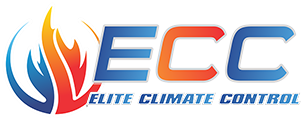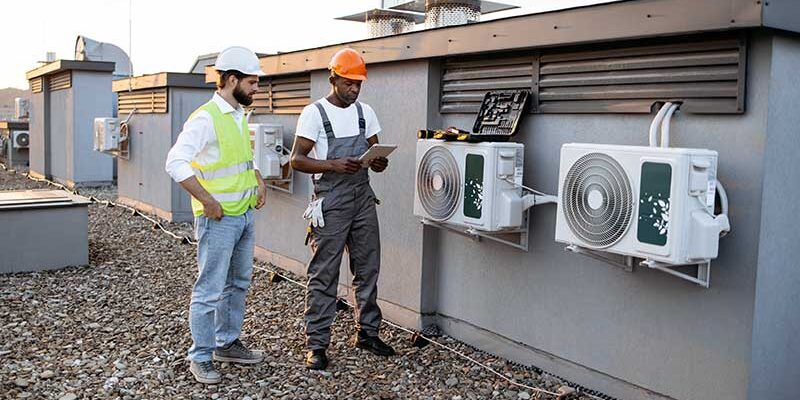As we move toward a future driven by the demand for sustainable and efficient technologies, advances in air conditioning (AC) compressor technology have emerged as a critical component in the search for energy saving and operational efficiency. This blog digs into the most recent breakthroughs in compressor technology, emphasizing the substantial impact of digital and variable speed compressors on the HVAC sector.
The Function of Compressors in AC Systems
The compressor is the heart of every air conditioning system, responsible for circulating the refrigerant required for heat exchange. The efficiency of the compressor has a direct impact on the entire energy consumption and efficacy of the air conditioning system. Compressor technology has improved tremendously as energy efficiency becomes increasingly important, both environmentally and economically.
The Rise of Digital Compressors
Digital compressors represent a huge advancement in air conditioning technology. These compressors have exact control over their working speed and capacity thanks to powerful digital processors that govern the compressor’s output based on real-time cooling requirements. This precision provides for significant energy savings because the compressor only uses as much power as is required, reducing wasteful energy consumption.
The advantages of digital compressors go beyond energy efficiency. These systems improve comfort by ensuring more consistent temperature and humidity regulation. Furthermore, digital compressors function at reduced noise levels, resulting in a more peaceful, comfortable environment.
Impact of Variable Speed Compressors
Variable speed compressors, also known as inverter compressors, continuously vary their speed to meet the cooling needs of the space. Unlike standard compressors, which have a basic on/off mechanism, variable speed compressors may run at a variety of speeds, considerably decreasing energy spikes and increasing efficiency.
Variable speed technology provides tremendous efficiency gains. These compressors can save up to 40% of the energy needed by conventional types since they operate at the exact speed required to maintain optimum temperatures. Furthermore, the smooth ramping up and down of the compressor reduces wear and tear on the AC system, thereby increasing its lifespan.
Advantages over traditional compressors
The benefits of digital and variable speed compressors over traditional ones are obvious.
- Energy Efficiency: They use much less electricity, which not only cuts utility bills but also reduces environmental effect.
- Operational Efficiency: These compressors deliver a more consistent, dependable performance with better control over cooling output.
- Reduced Wear and Tear: Smoother operation with fewer on/off cycles increases the longevity of the air conditioning system.
- Improved Indoor Air Quality: More control over temperature and humidity levels leads to a healthier indoor environment.
The Future of Air Compressor Technology
Looking ahead, the future of AC compressor technology seems promising, with continued research and development aimed at increasing efficiency and incorporating smart technology. IoT connectivity is one example of an innovation that allows compressors to be part of a connected home or building system, optimizing energy use and performance through data analytics.
Advancements in AC compressor technology, notably the use of digital and variable speed compressors, represent a significant move toward more sustainable and efficient air conditioning systems. As we face the problems of energy saving and climate control, these technologies provide not only a solution, but a paradigm shift in how we approach and manage our cooling requirements.




